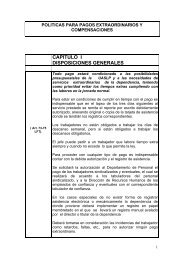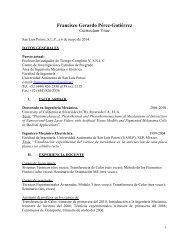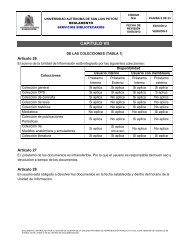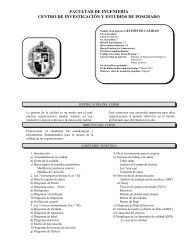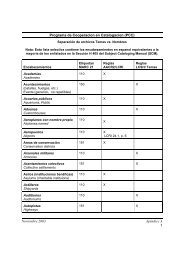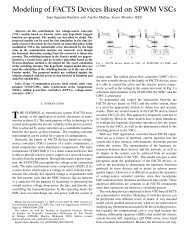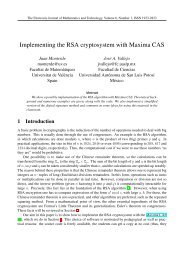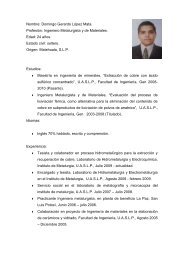Accenture Technology Vision 2013
Accenture Technology Vision 2013
Accenture Technology Vision 2013
You also want an ePaper? Increase the reach of your titles
YUMPU automatically turns print PDFs into web optimized ePapers that Google loves.
Trend 1. Relationships at Scale<br />
<strong>Accenture</strong> <strong>Technology</strong> <strong>Vision</strong> <strong>2013</strong><br />
Sidebar: Gauging the Value of Trust<br />
During its bankruptcy proceedings in<br />
2011, Borders, the bookstore chain, won<br />
judicial approval to sell its intellectual<br />
property, including a customer<br />
database, to Barnes & Noble. The<br />
i<br />
issue at stake: shoppers’ data privacy.<br />
Anticipating privacy concerns,<br />
Borders’ lawyers persuaded the court<br />
to appoint an independent third<br />
party to consider the privacy impact<br />
on the 48 million Borders customers<br />
whose personal information would<br />
be transferred with the sale of the<br />
intellectual property. In the end, the<br />
customers were given the chance to<br />
opt out of the transfer.<br />
The bookseller’s readiness to tell<br />
customers how their data could<br />
potentially be used and, crucially,<br />
to give them a choice in the<br />
matter shows how companies and<br />
consumers may interact in the future<br />
on issues of privacy. It’s also a prime<br />
example of the mobility of data<br />
these days—and a good indicator of<br />
the importance of establishing, let<br />
alone maintaining, accountability for<br />
such data.<br />
A decade ago, <strong>Accenture</strong> asked<br />
whether enterprises could<br />
differentiate themselves based on<br />
ii<br />
consumer trust. We flagged five<br />
dimensions of trust—safekeeping of<br />
personal information, control over<br />
the data, personal access to one’s<br />
data, accountability, and the benefits<br />
of letting corporations use one’s<br />
data—and we spelled out practical<br />
steps that would help companies<br />
move toward operating models<br />
based on trust. Even before the<br />
age of social media and big data,<br />
our recommendations were clear:<br />
companies must seek ways to use<br />
knowledge about their customers<br />
to provide better services to them,<br />
doing so in ways that increase trust,<br />
not suspicion.<br />
Ten years on, plenty has changed:<br />
the entities collecting information<br />
are savvier than ever about data, and<br />
they have more channels through<br />
which to gather it (think “big data”)<br />
and more powerful tools with which<br />
to extract insights from it. For<br />
their part, individuals are far more<br />
sensitive about the use of their data,<br />
even though more and more data is<br />
sought from them and more is<br />
given by them, both willingly<br />
and unwittingly.<br />
In general, individuals are more<br />
likely to think in terms of what’s in<br />
it for them if they give out personal<br />
data. “When you put information<br />
about yourself out there, that’s a<br />
transaction,” Margaret Stewart,<br />
Facebook’s director of product<br />
design, told Fast Company recently.<br />
“But you need to feel that you’re<br />
getting something back in return.<br />
When we start to provide things<br />
that feel valuable to people, it will<br />
make that transaction make sense.”<br />
iii<br />
16



